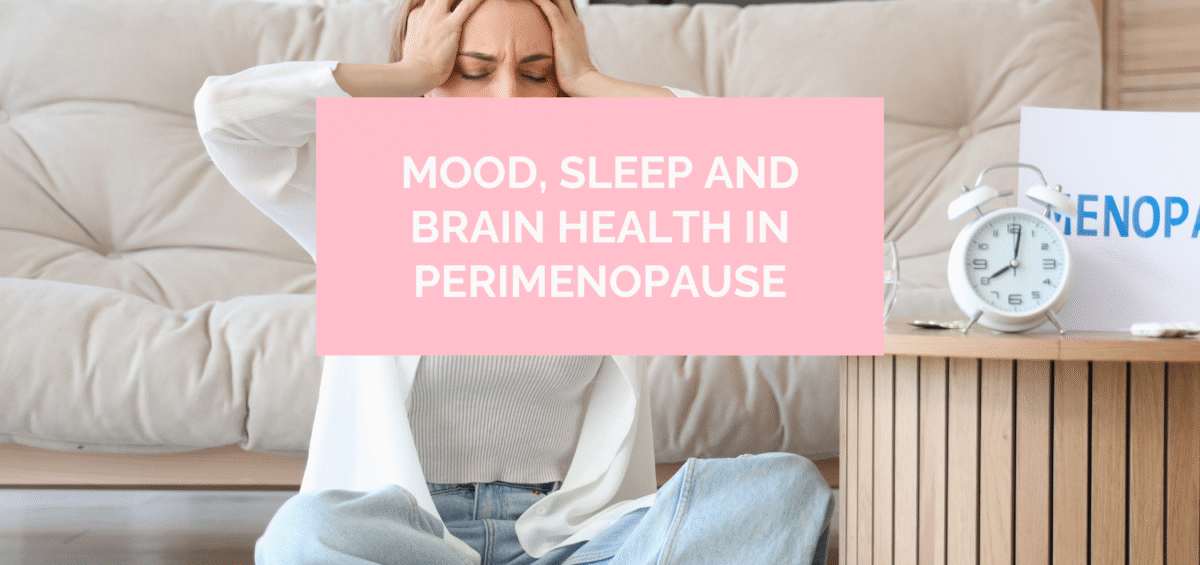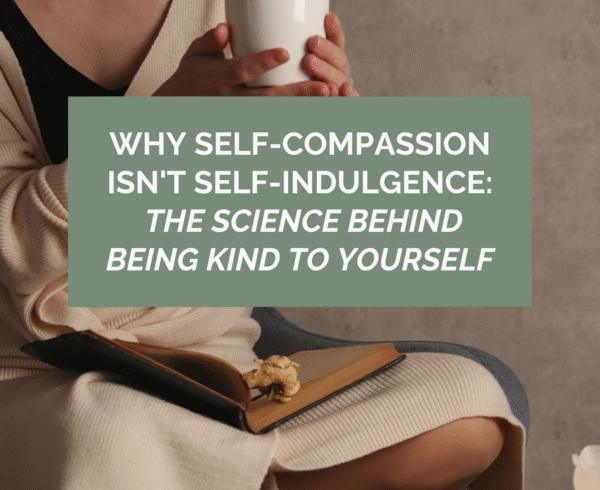Do you feel like you’re losing your mind during perimenopause? If anxiety, depression, brain fog, and sleepless nights have become your new normal, you’re experiencing some of the most common – yet under-discussed – symptoms of this life stage. Studies show that up to 70% of perimenopausal women experience mood changes, while sleep disturbances affect nearly 80% of women during this transition.
When Your Usual Coping Strategies Stop Working
Life may have always been stressful, but perimenopause often marks the point where your usual ability to cope simply disappears. Tasks that once felt manageable now feel overwhelming. Your emotional resilience seems to have vanished overnight, leaving you wondering what happened to the capable woman you used to be.
The Hormone-Brain Connection Explained
Your brain and hormones are intimately connected through complex interactions between oestrogen, progesterone, and key neurotransmitters like serotonin, dopamine, and GABA. During perimenopause, wildly fluctuating hormone levels create a domino effect that disrupts your brain’s delicate chemistry. The unstable nature of perimenopausal hormones means your symptoms can change from day to day. One day you might feel anxious and wired, the next completely exhausted and tearful. This isn’t in your head – it’s the reality of hormonal chaos affecting your neurological function.
The Hidden Role of Blood Sugar and Sleep
Insulin resistance often develops during perimenopause, leading to nocturnal blood sugar instability that wreaks havoc on your sleep. Those 3am wake-ups aren’t just hormone-related – they’re often your body responding to blood sugar crashes that trigger stress hormones and pull you from deep sleep. These metabolic changes don’t just affect how you feel now – they set the stage for your post-menopausal brain health trajectory. Research shows that metabolic dysfunction during perimenopause increases the risk of cognitive decline and mood disorders later in life.
Your Mental Health Action Plan for Perimenopause
Simplify Your Mental Load: Take stock of all your “open tabs” – the mental tasks, commitments, and worries consuming your energy. Close as many as possible by delegating, saying no, or letting go of perfectionist standards.
Protect Your Mental Space:
- Create screen-free time daily to break the doom-scrolling cycle
- Remember that social media algorithms feed you content designed to trigger engagement, not reality
- Find dopamine in real-world activities like nature walks, creative pursuits, or meaningful connections
Walk Away from Drama: Your nervous system is already overloaded. Protect your energy by stepping back from unnecessary conflict and negative relationships.
Targeted Nutritional Support:
- Magnesium for nervous system calm and sleep quality
- Taurine and glycine for neurotransmitter balance and better sleep
- Inositol for mood stability and insulin sensitivity
- B vitamins and iron for energy and cognitive function
- Herbal Allies: Consider gentle herbs like kava for anxiety, passionflower for sleep, saffron for mood, and withania for stress resilience. Always consult a qualified practitioner for personalised guidance. Remember, this challenging phase is temporary. With the right support and strategies, you can navigate perimenopause while protecting your mental health and setting yourself up for thriving in the years ahead.
Written by Naturopath Elisha.
0











Leave a Comment